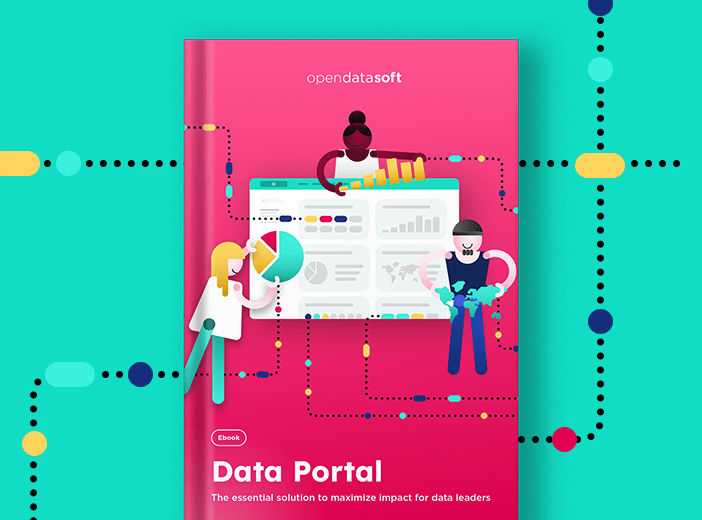Data Governance Officer
What is a Data Governance Officer?
Normally reporting to a Chief Data Officer (CDO) or VP of Data, the data governance manager focuses on implementing, monitoring, and reporting on data governance policies, such as around data quality assessment, data cataloging, data lineage, data stewardship, data security, and data ethics.
Depending on the organization they can also be responsible for regulatory compliance around data management, ensuring operations are in line with legislation and removing the risk of fines or reputational damage caused by breaching regulations such as the GDPR.
Given the cross-organizational nature of data governance, data governance officers need to be able to effectively work with a range of stakeholders, including senior management, business users, data owners, data analysts, data engineers, and data scientists.
What skills does a Data Governance Officer require?
The data governance officer requires a mix of technical, business, and interpersonal skills. They need to be able to:
- Understand the organization’s data landscape in the context of overall business and data strategy
- Be able to work effectively with departments and users from across the organization, convincing them of the benefits of adhering to data governance policies
- Build and lead a team responsible for data governance, with clear roles in place, as well as involving all those working with data from across the organization
- Provide a central point of contact for data governance policies and processes, while working with an extended team
- Be accountable for the day-to-day management of data governance
- Ensure regulatory compliance, and minimize the risk of fines, while still maximizing the use of data to benefit the organization
- Help educate and train the wider organization around the benefits of data and thus drive the creation of a data-driven culture
- Possess strong communication and persuasion skills to ensure everyone within the organization understands the potential of data and works in line with data governance frameworks
Why are Data Governance Officers important?
Data governance officers are crucial to the successful, ongoing implementation of data governance processes and frameworks. This means that they are central to delivering the benefits of data governance, namely:
- Stronger, easier compliance with regulations, reducing risk, such as by ensuring data privacy and security
- Faster, better and more informed decision-making, enabling new opportunities
- Ensuring data quality and consistency
- Reducing the time and resources required for data management
- Increasing access to data and therefore boosting value gained from data, both inside and outside the organization
- Ensuring greater efficiency through data and process automation
- Enabling greater innovation through data analysis, both by humans and AI
What are the challenges to success for Data Governance Officers?
As a relatively new role, data governance officers face a number of challenges to success:
- They need to collaborate across the organization, breaking down departmental silos to share data
- They need to ensure everyone understands the benefits of data governance, and engages with the program, requiring change and culture management skills
- They need to balance the conflicting demands of stakeholders, at a technical, business and departmental level
- They need to show tangible results to justify their role on an ongoing basis
- They need to understand and map their organization’s complex, fast-moving data landscape
- They need to manage large teams and committees that bring together all of those involved in creating, sharing, and using data
- They need to move beyond being seen as simply policing data management to accelerate good practices and behavior
- They need to bring together business and technical understanding, along with soft skills


